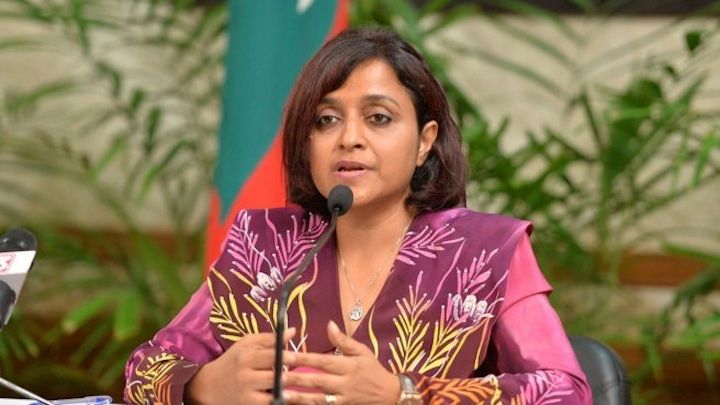Maldives calls for UN reform
The Maldives has called on the UN to reform itself to better address the needs of small island states and global challenges such as climate change.

04 Oct 2015, 09:00
The Maldives has called on the UN to reform itself to better address the needs of small island states and global challenges such as climate change.
In her speech at the 70th UN General Assembly, Foreign Minister Dunya Maumoon said the world has failed to counter civil wars, bridge the gap between men and women, and small and large nations, and failed to recognize the environment as an issue of importance.
“The rule of law, and values of good governance are advocated for some, but ignored for others,” she said.
The UN, however, remains the “best hope for humanity,” she said.
Become a member
Get full access to our archive and personalise your experience.
Already a member?
Discussion
No comments yet. Be the first to share your thoughts!
No comments yet. Be the first to join the conversation!
Join the Conversation
Sign in to share your thoughts under an alias and take part in the discussion. Independent journalism thrives on open, respectful debate — your voice matters.




